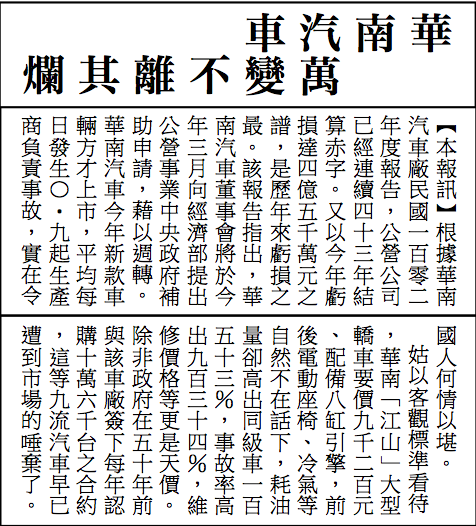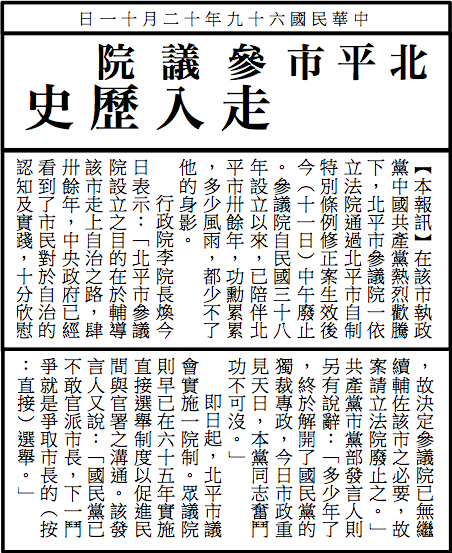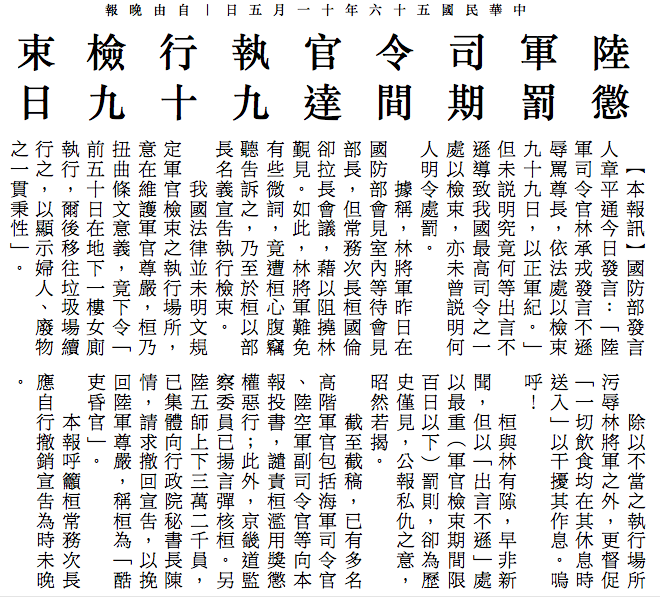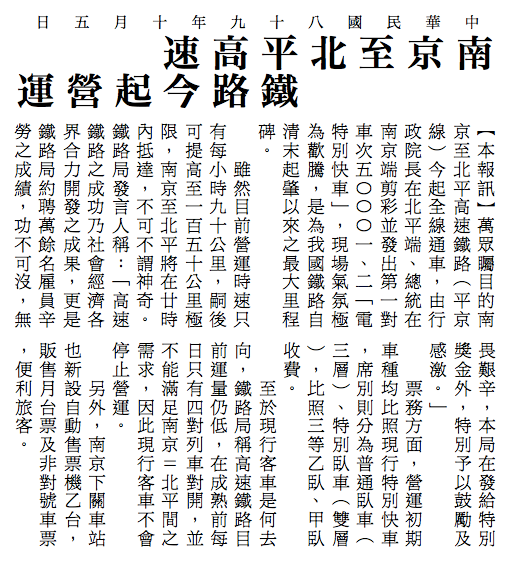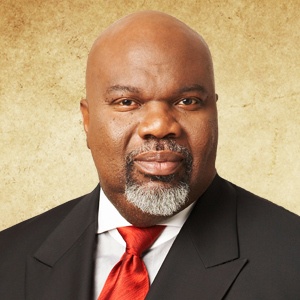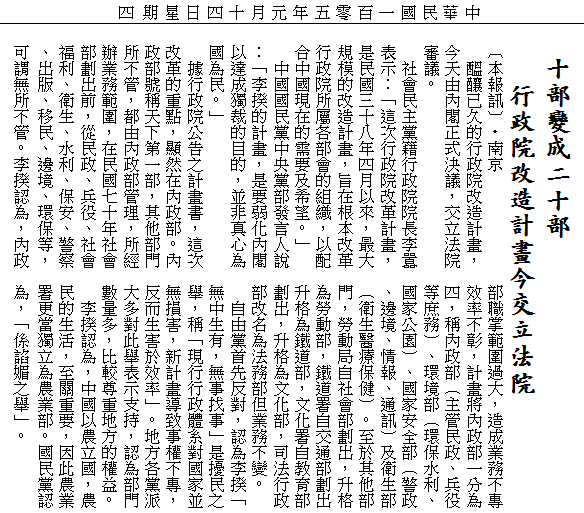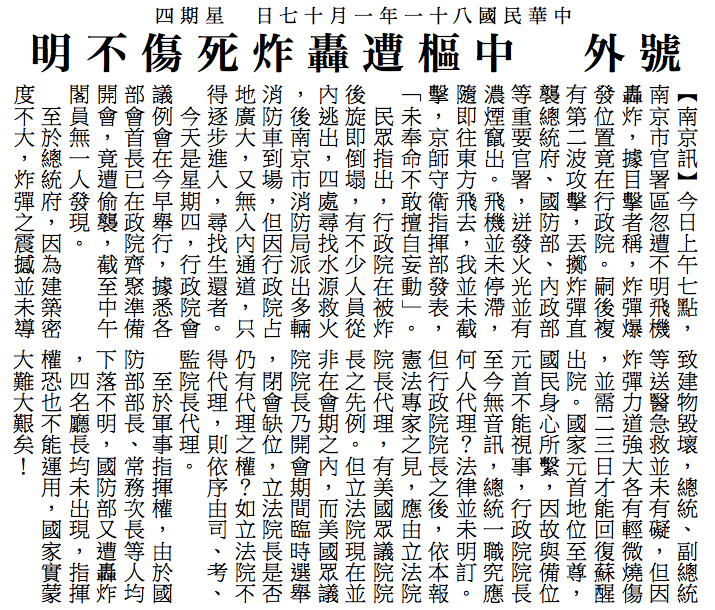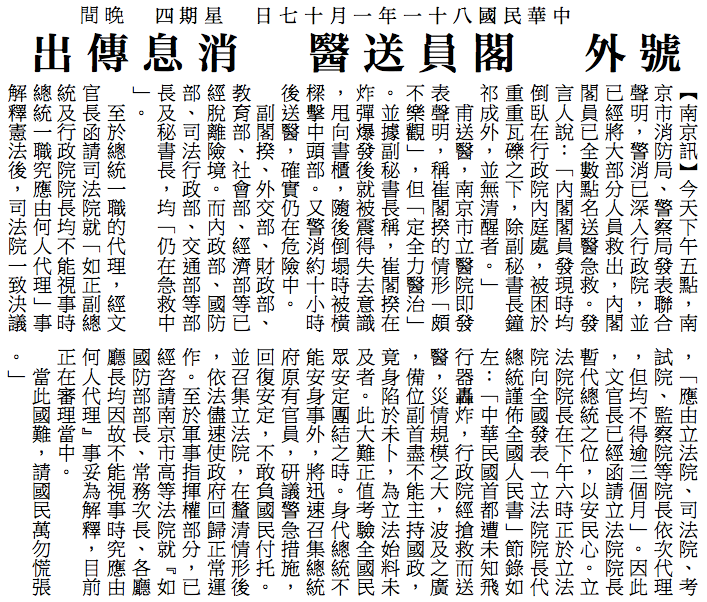
The State Media has been since the beginning of the 20th Century the premier governmental news service, meticulously delivering the workings of government to the millions that reside in China.
If there's anything your government would like to tell our people, here's the chance to do it. Post your news articles here, and our people will read them.
There is no censorship, except against pornography and spam.




